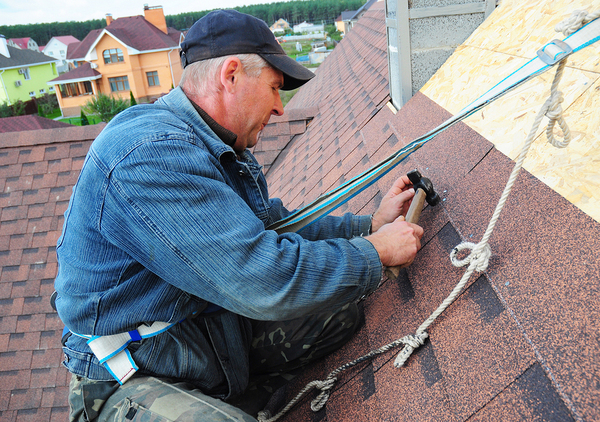Few and far between are home inspections that turn up nothing but perfection. Most homes have defects, many of which need repairs or replacements. But who checks out the work after it’s done?
That’s where a certified home inspector can step in once again. A second home inspection after repairs protect the buyer against unscrupulous repair people and sellers who aren’t exactly above-board. Buyers might need a contingency or exit clause in case the inspection turns up unhappy surprises. But at least they’ll know just what they’re getting into.
Sometimes a Repair is a Repair No Matter Who Swings the Hammer . . .
Repairs don’t always require a contractor, installer or any other professional crew. Many homeowners are quite handy and can manage a wide range of repairs. If a certified home inspector follows up, the buyer can move ahead into the sale with the confidence that issues have been resolved.
Marks and dings on a wall aren’t material defects, but they can be deal breakers for some picky buyers. Virtually anyone can mud and sand a wall then apply a fresh coat of paint. Loose floor tiles are a bonafide defect and so is a damaged countertop. In many cases, a handy homeowner can replace tiles and install a new countertop to help the sale go through.

Unless the seller is a roofing contractor, they should probably hire a pro.
. . . But Sometimes an Expert is Required
Some home systems should never be repaired by anyone but an expert. Left to their own devices, people can make some sketchy choices. For example, electrical defects are one of the riskiest for a couple of reasons. Firstly, knowledge about circuitry, wire gauge, wiring techniques and load are necessary for a safe replacement or repair. And secondly, a bad repair might be hidden inside a wall where the new owner will never see it unless there’s a safety issue later.
Homes have numerous systems that need a professional’s touch and expertise. With a home inspection after repairs are done, buyers will know if the homeowner tried to pinch pennies with DIY work or they invested in good repairs that will last and won’t create a new safety hazard later.
In a Best-Case Scenario, Repairs are Sound and the Buyer Gets a Great Home
Hiring a certified home inspector is a comparatively minuscule investment considering the risks of trusting that repairs are done without any real proof. For a few hundred dollars, your customers will know if the dry basement is the result of a mere coat of paint that’s doomed to fail during the next rain or if the seller undertook the exhaustive work of a real waterproofing job.
Best case scenario, buyers will get the home that they want with repairs and replacements they can relax and enjoy. But in the worst-case scenario, they won’t get taken for a ride. That’s the job of a home inspector—you give customers the knowledge they can’t find on their own. And that’s a good day’s work.
With every avenue you find to grow your home inspection business, the benefits are twofold. You get a stronger and healthier business. Your customers get more information and fewer unhappy surprises after closing. That’s a win-win situation.
The more you grow, the more you need a simplified, effective and professional home inspection reporting app. Report Form Pro is the answer. Download our home inspection app for Android or get it for Apple products at the App Store today.

